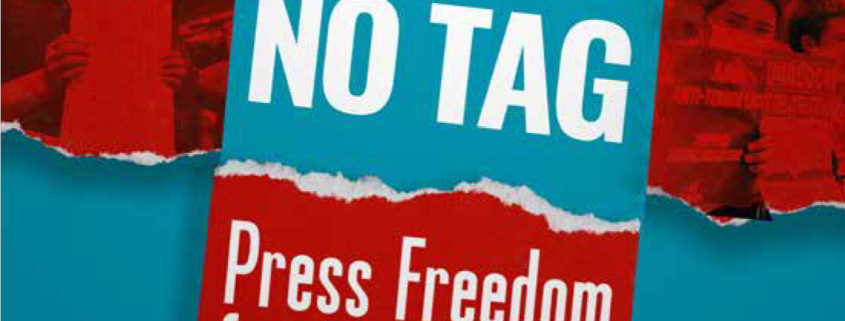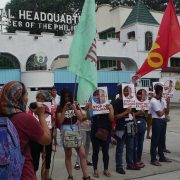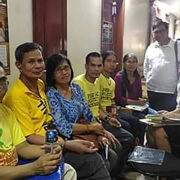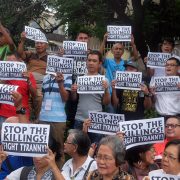Media study: Red-tagging is gov’t policy
Red-tagging is a State policy, a study by the National Union of Journalists of the Philippines (NUJP), currently being launched in Baguio City, reveals.
Nearly 80% of red-tagging cases against journalists and media groups are state-sponsored or come from government-employed individuals, the NUJP study NO TAG: Press Freedom for Pluralism says.
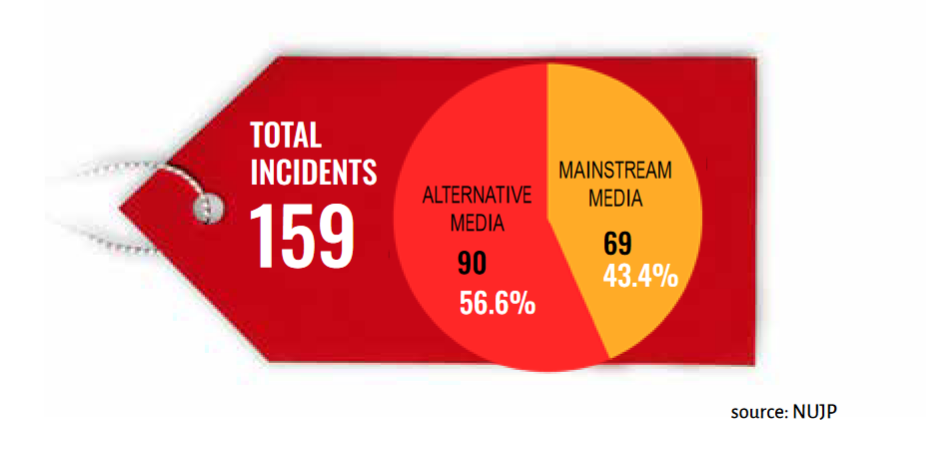
“The study finds that as high as 60% or more than half of the red-tagging incidents in the last eight years have been state-sponsored, and 19.8% of the red-tagging by State employed the intimidating method of dropping by, or sending a letter, where State agents cite different government policies as basis,” it adds.
The study results are in stark contrast with President Ferdinand Marcos Jr.’s recent statement that red-tagging is not done by government.
The NUJP said it has documented at least 159 incidents of red-tagging since 2016 to present against individual journalists, newsrooms, and media organizations.
It cited as an example the so-called conspiracy matrix presented former chief legal counsel Salvador Panelo alleging media groups and individuals were part of a destabilization plot against then president Rodrigo Duterte.
“State agents and other actors – using social media and physical methods such as posters, drop-by letters and official documents – have targeted members of both the alternative and mainstream media across the Philippines,” the NUJP said.
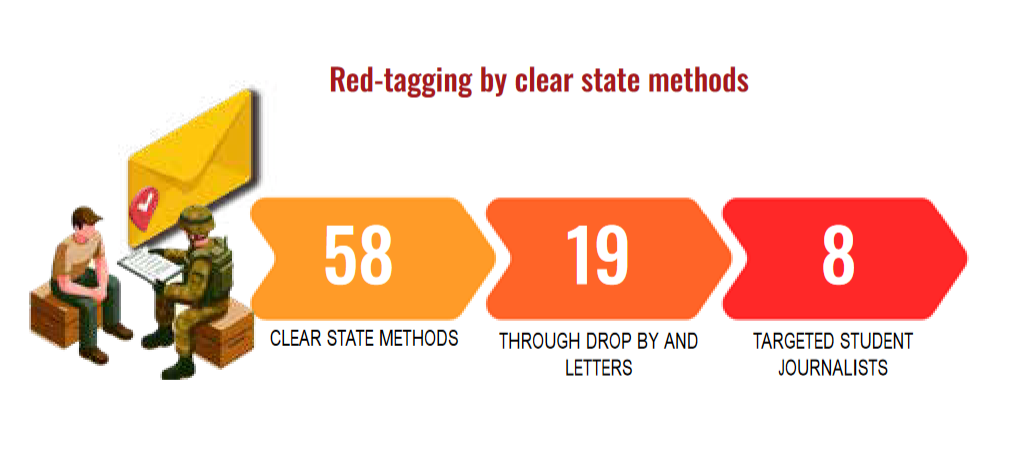
The study reached out to the Presidential Task Force on Media Security that denied red-tagging is condoned by the government as well as to the National Task Force to End Local Communist Armed Conflict that said it had no time for an interview.
The study makes the following recommendations:
1. Mainstream media organizations should continue, and further strengthen, their solidarity efforts with red-tagged journalists whether or not they belong to mainstream media, or alternative media;
2. Media organizations and civil society should create a mechanism by which red-tagged journalists can have easy access to legal support;
3. News organizations should adopt a more robust internal protocol to respond to a red-tagging attack on any of its staff, including but not limited to mental health response;
4. The government should take these complaints seriously, investigate them, and hold accountable the perpetrators; and
5. President Ferdinand Marcos Jr should communicate a clear policy to stop red-tagging.
“[T]his report is meant as input to policy for wider civic space in the Philippines, for more robust support systems for media workers targeted by red-tagging, and an urgent demand to end red-tagging, including the abolition of the NTF-ELCAC, and the continued securitization of government response to social issues and to the call for social justice,” the NUJP said. # (Raymund B. Villanueva)
= = = =
Disclosure: The reporter is a respondent of the study. Kodao is a NUJP chapter.

